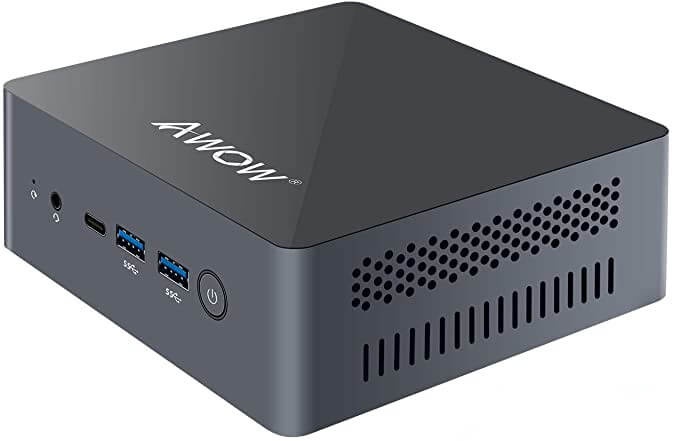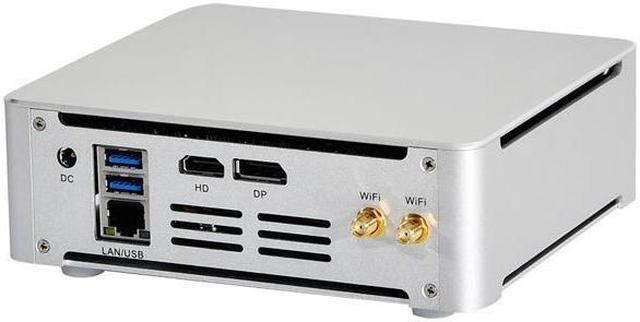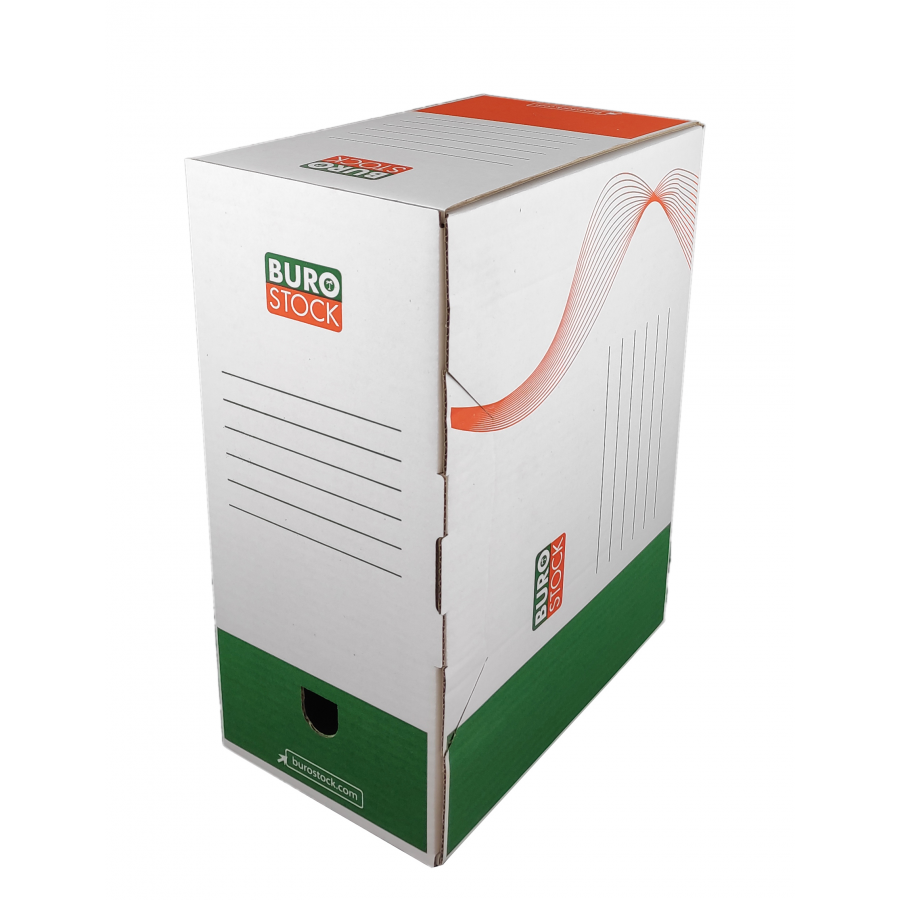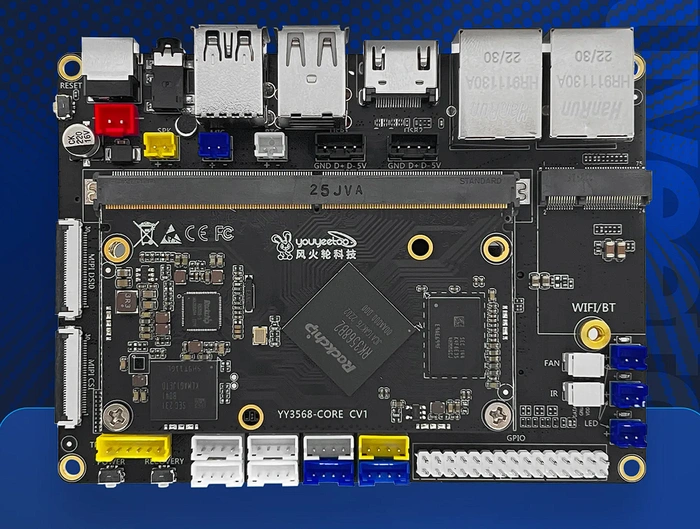
Tux Machines — YY3568 ARM mini PC runs Linux or Android
In the realm of single board computers (SBC), YouYeeToo has unveiled a new development board: the all-new YY3568 SBC. This innovative piece of technology is powered by the RK3568 Arm SOC and boasts up to 16GB of RAM. It’s a versatile machine, capable of running both Android and Linux, making it a powerful tool for developers and tech enthusiasts alike
YY3568 is a high-performance, low-power consumption motherboard based on Rockchip RK3568, supporting Debian 11 and Android systems, with features such

youyeetoo Dual GbE Low Power Arm Mainboard - YY3568 Basic Rockchip RK3568 - Support SATA 3.0, PCIe 3.0 SSD, USB Host x6 - Up to 4K@60Hz Video Output
YY3568 is a high-performance, low-power consumption motherboard based on Rockchip RK3568, supporting Debian 11 and Android systems, with features such

youyeetoo Dual GbE Low Power Arm Mainboard - YY3568 Basic Rockchip RK3568 - Support SATA 3.0, PCIe 3.0 SSD, USB Host x6 - Up to 4K@60Hz Video Output

Review of Youyeetoo Rockchip RK3568 SBC with Lubuntu 20.04 and the RKNPU2 AI SDK - CNX Software

YY3568 modular dev kit features RK3568 processor, up to 8GB RAM, and plenty of I/O - Liliputing

youyeetoo YY3568 ARM Development Board, Based on Rockchip RK3568 Quad Core A55 for AIOT

Youyeetoo YY3568 devkit review - Part 1: Unboxing, specifications, and Android 11 testing - CNX Software

YY3568 Open-Source Developer Kit Rockchip RK3568 Soc Support Android11.0, Debian10.0 and OpenHarmony OS, 64-bit AI Mainboard for Face Recognition Prototyping (Advanced Kit with eDP LCD 4GB RAM) : Electronics

Mini-PC features RK3568, dual GbE, PoE+, and WiFi 6

TUXEDO Nano Pro Gen11 Dubbed as the Smallest Mini Linux PC Powered by AMD Ryzen 4000U - 9to5Linux

YY3568 youyeetoo wiki
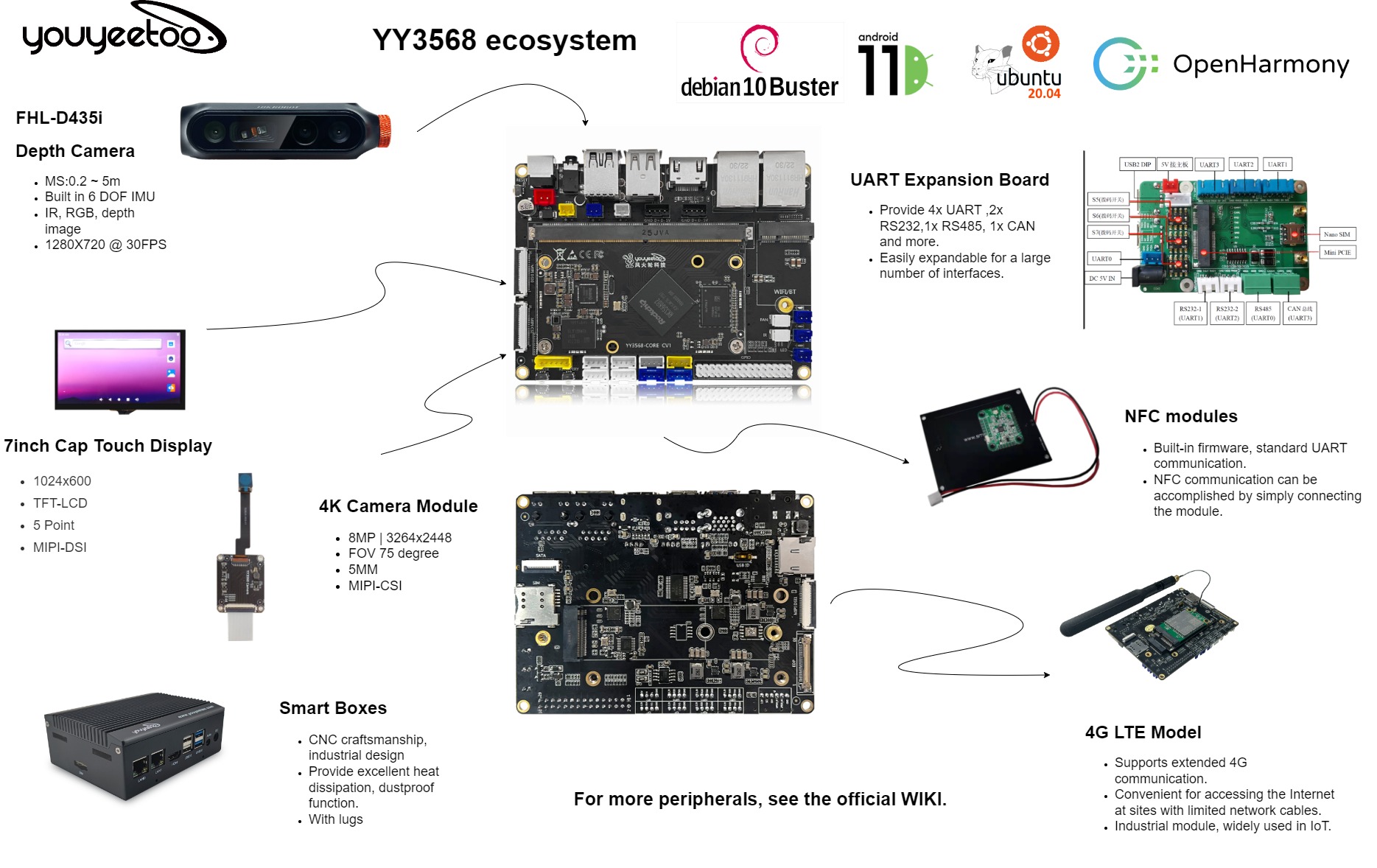
youyeetoo YY3568 ARM Development Board, Based on Rockchip RK3568 Quad Core A55 for AIOT

Box64 Emulator Released for Arm64 Linux

